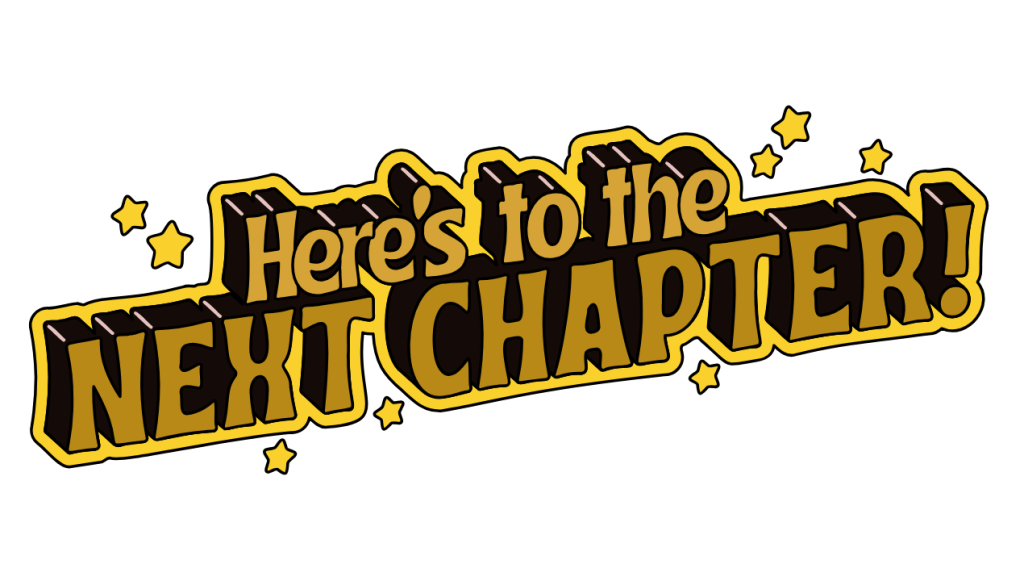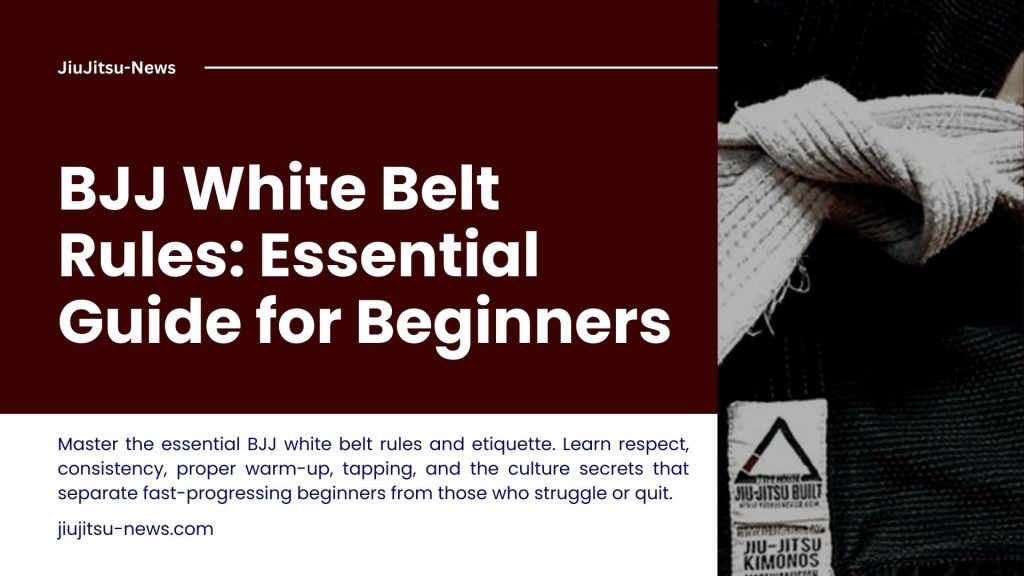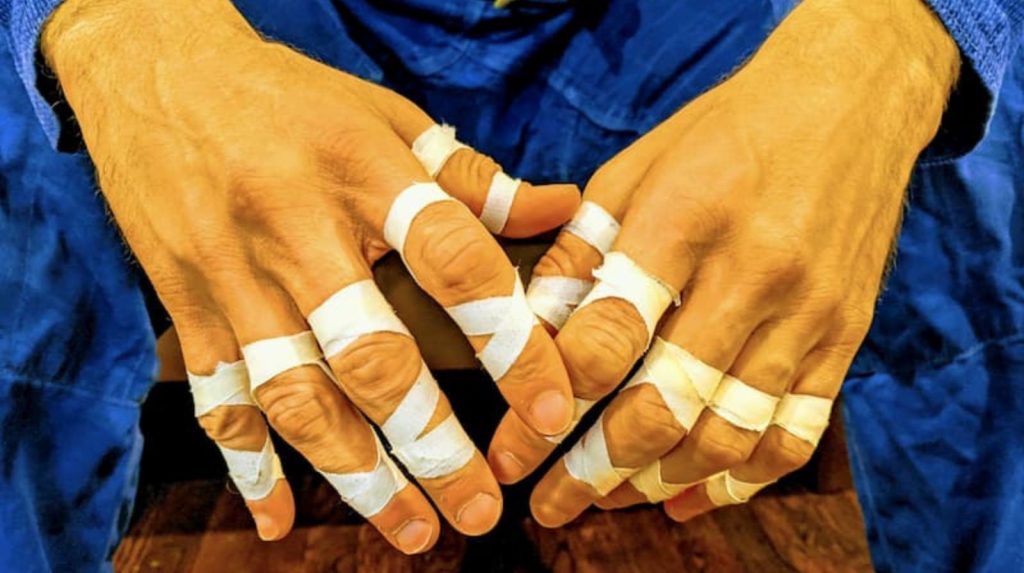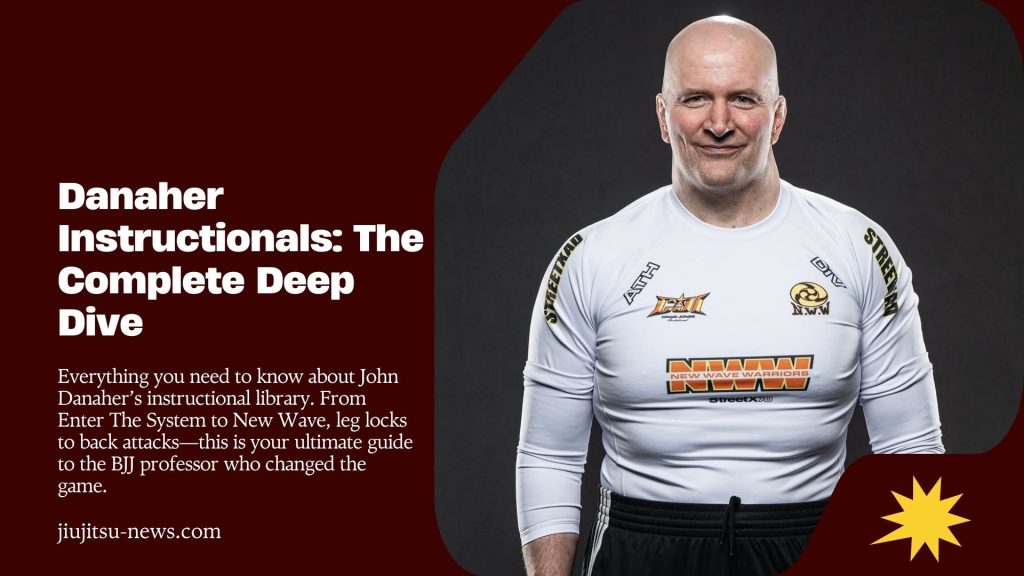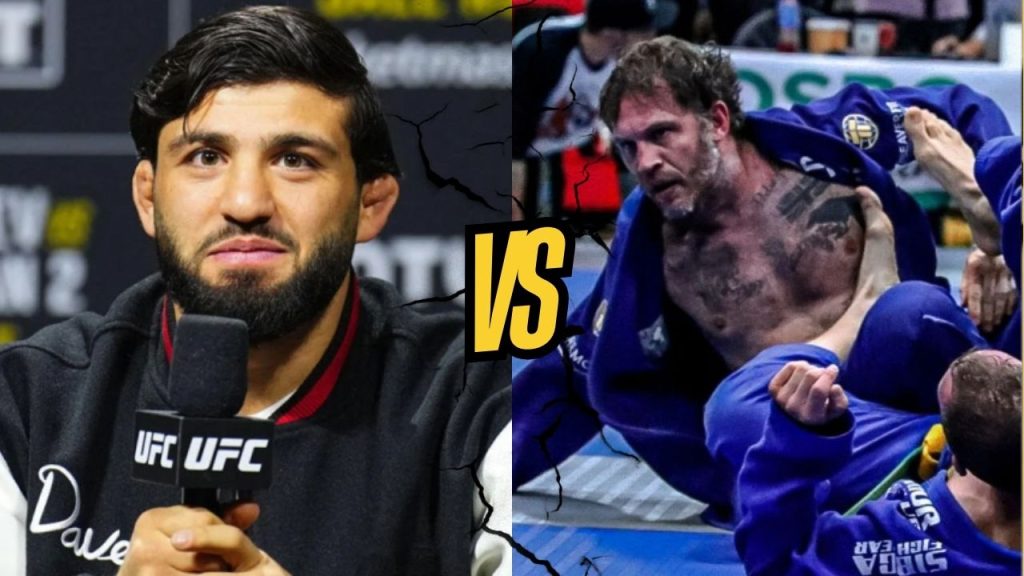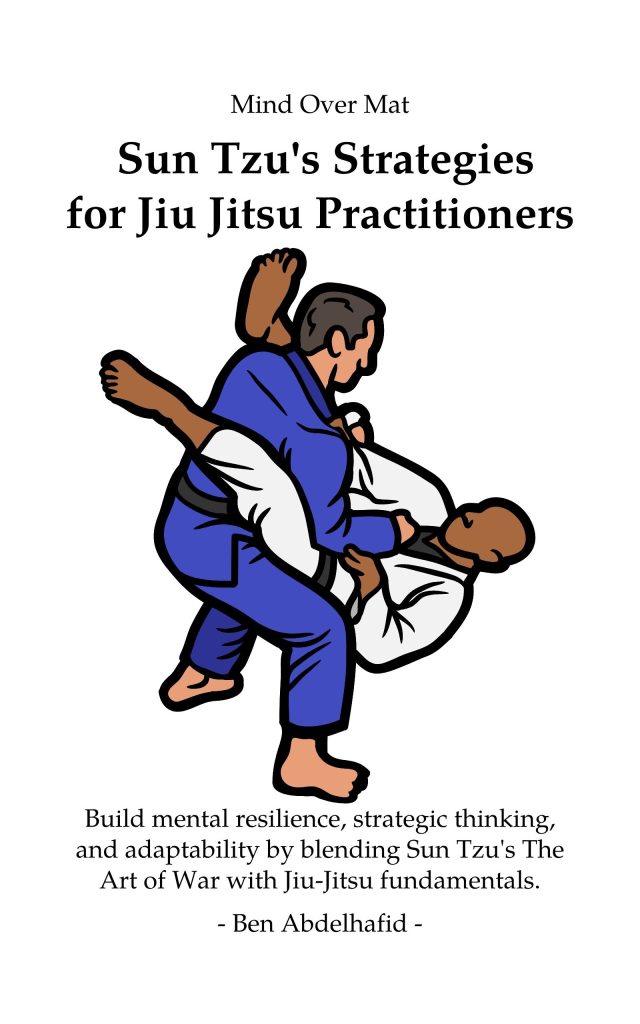
Chapter 9: The Aftermath of Conflict
Reflecting on Performance
Reflecting on performance in jiu-jitsu is an essential practice that aligns closely with the principles set forth by Sun Tzu in “The Art of War.”
Just like a general needs to think about how battles went to improve strategy, jiu-jitsu practitioners need to think about their training sessions and competitions to improve their skills and mental toughness.
Jiu-jitsu practitioners can figure out their strengths and flaws through this process of reflection.
This helps them stay flexible in their practice, like a strategist who changes their plans based on what has happened in the past.
1# The importance of a training log
A training log is a good way to help you think about what you’re doing.
Keeping track of each session gives you useful information about your success and the things you need to work on.
Practitioners can see how they’ve improved over time by keeping track of the methods that worked or were hard.
A thorough look at one’s own performance can reveal patterns that might not be seen during training. This can help with more focused and effective practice.
2# Genuine feedbacks
Asking teachers and training partners for feedback is another important part of reflection.
Having open conversations about achievement can help people see things from different points of view, which can help them understand better.
Getting feedback from others can help you see things about your game that you might not have seen before.
This way of working together encourages a growth attitude, which means that jiu-jitsu fans should see constructive criticism as a way to get better instead of seeing it as a setback.
3# Thinking about your performance
Thinking about performance should involve more than just the physical moves done on the mat.
Preparing your mind is just as important in jiu-jitsu.
Practitioners should think about how they’re feeling before, during, and after training and events.
Self-awareness and control are important for success, and analyzing how you feel in different scenarios can help you get those.
Practitioners can improve their overall efficiency by developing a strong and focused mind.
Understanding what it means to win and lose
Learning from both wins and losses is an important part of improving your jiu-jitsu, just like Sun Tzu said in “The Art of War.”
Every match, win or lose, gives you a chance to look at your techniques, tactics, and mental approaches.
When it comes to jiu-jitsu, wins can confirm what works well, while losses often show where changes need to be made.
Accepting this duality is important for artists who want to get better at what they do and learn more about it.
While winning at jiu-jitsu can boost your confidence, it can also make you lazy if you don’t keep trying to get better. According to Sun Tzu, situations that turn out well should be carefully looked at to figure out what caused them.
This means looking at more than just the moves that were used. It also means looking at how the players made decisions, how well they could change, and how strong their minds were during the match.
On the other hand, failure is often a better teacher than success. Losses can show where weaknesses exist and where more work needs to be done.
People who follow Sun Tzu say that it is important to know both oneself and one’s opponent. Often, people learn this by losing.
By recognizing their mistakes and weaknesses, practitioners can train with a clearer goal in mind. Looking at what went wrong in a match can help you get much better at what you do and understand it better.
It’s also important for your mental health to learn from both wins and losses. People who practice must learn to see both success and loss as important parts of their journey. This point of view makes them more resilient and flexible, which helps them stay calm under pressure.
Jiu-jitsu practitioners can improve their mental game, which is just as important for long-term success as their physical skills, by thinking about what they’ve learned.
The lessons learned from both wins and losses make a well-rounded jiu-jitsu player in the end.
By making it a habit to keep learning, practitioners can use the knowledge gained from their past mistakes to become better at strategy and competition on the mat.
How Being Humble Can Help You Grow
Like the ideas in Sun Tzu’s writings, humility is an important part of getting better at jiu-jitsu.
Understanding your weaknesses and knowing that you can always get better is an important part of being humble in martial arts.
With this way of thinking, practitioners can go into their training with an open heart and mind, creating a space where learning is more important than ego.
Just like Sun Tzu said that people who study strategy should be self-aware and evaluate themselves, people who practice jiu-jitsu should be honest about their skills and weaknesses and not let pride get in the way.
Being humble in training classes helps people listen to feedback from coaches and other practitioners. When someone who practices jiu-jitsu is open to constructive feedback, they can improve their skills and strategies.
Jiu-jitsu practitioners who are humble can also see their opponents as teachers instead of just opponents. Every time you roll the mat, you can learn something new about your own game and see how other people are playing.
Accepting that mastery is a path and not a destination is also part of being humble. In jiu-jitsu, even the most skilled practitioners are always learning and getting better. Having this mindset of always learning is important for keeping your drive and love for the art alive.

